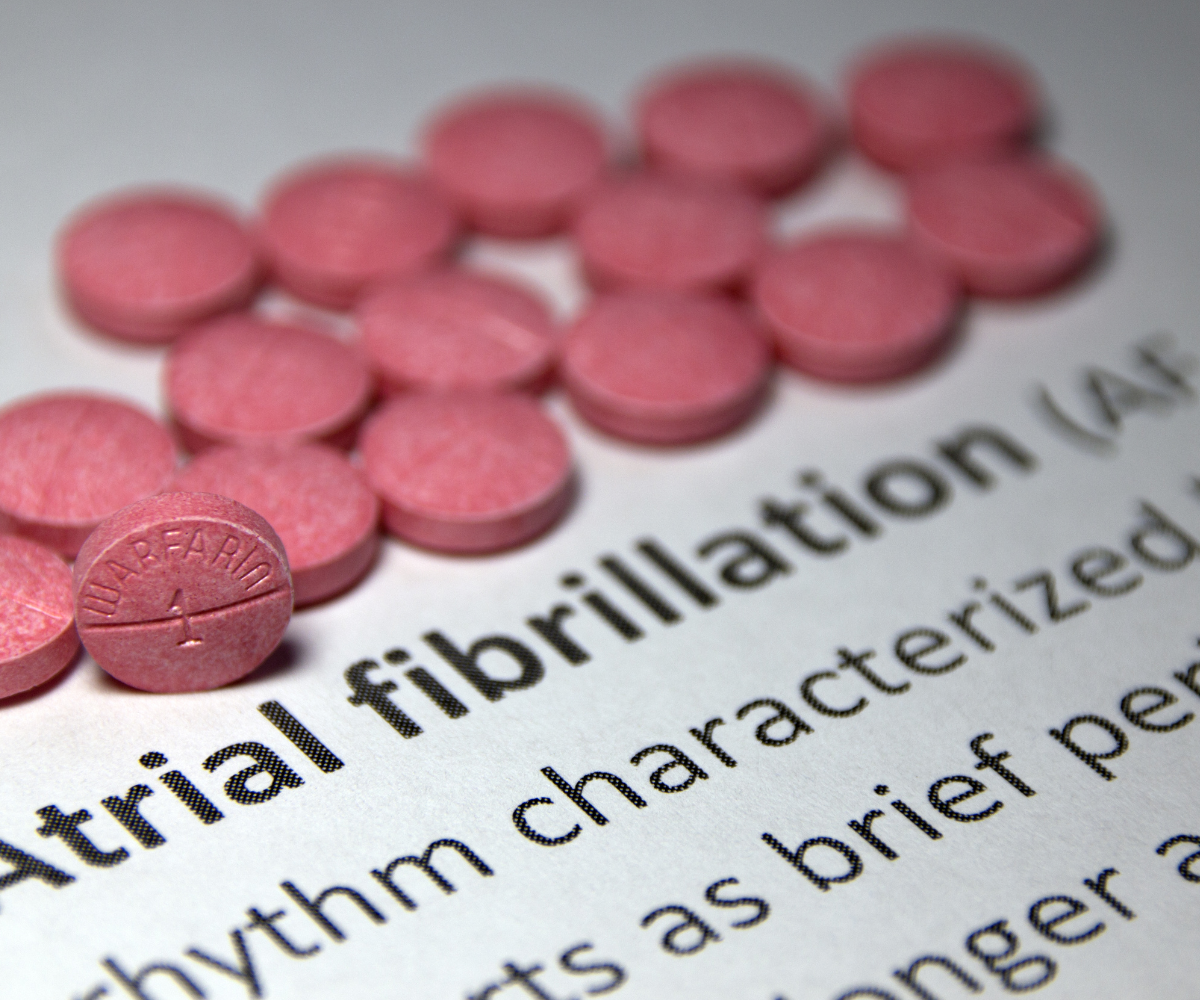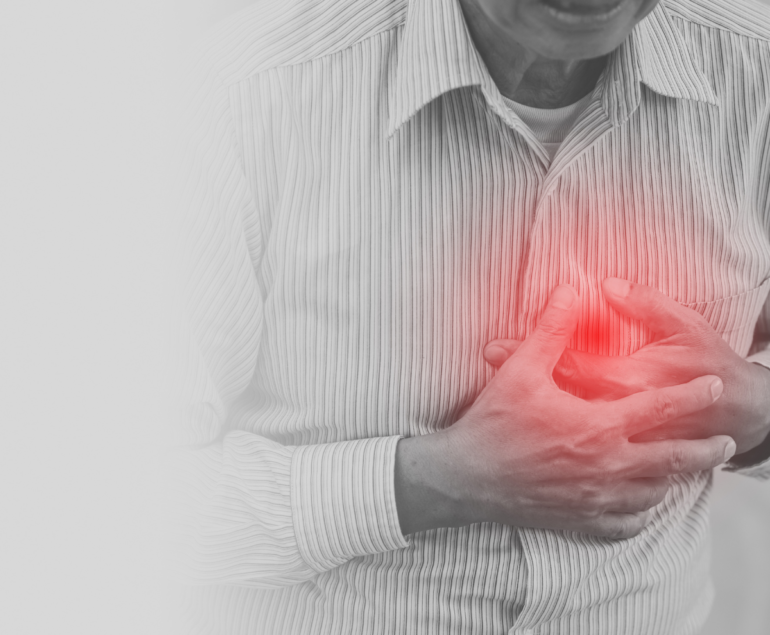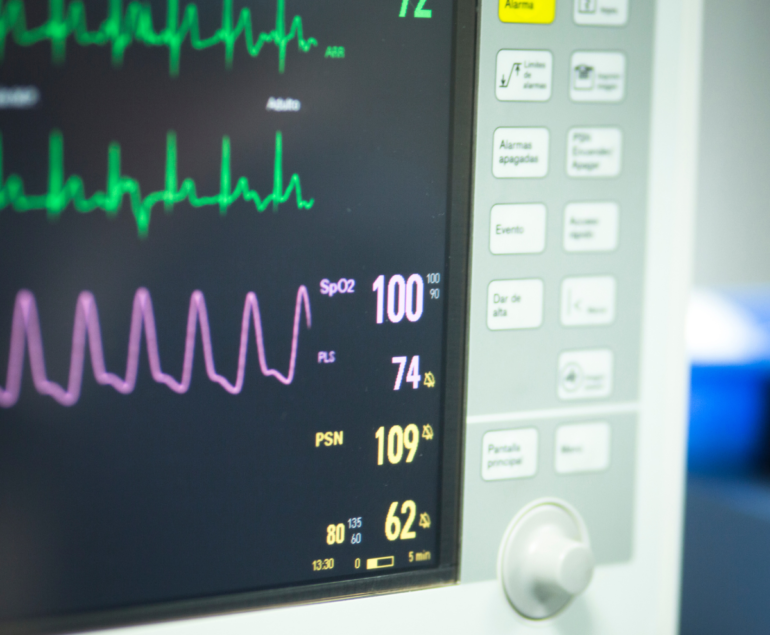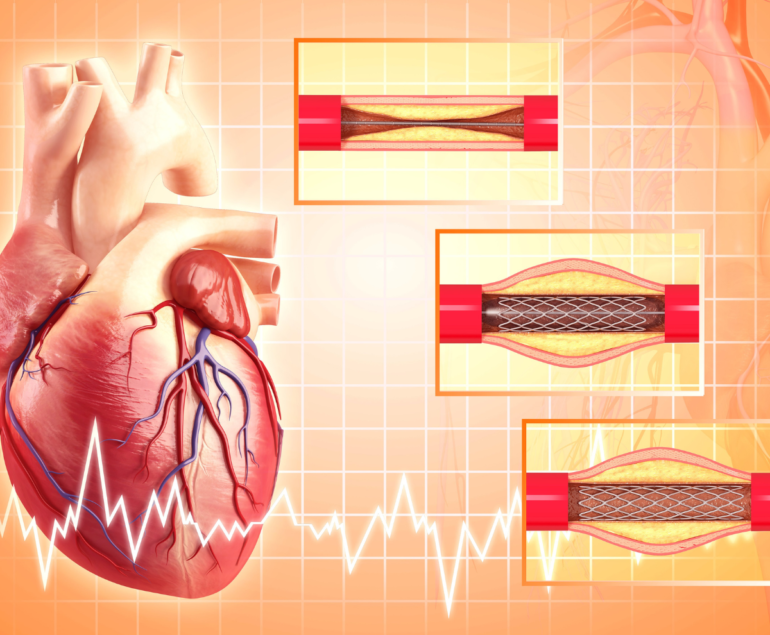Atrial fibrillation :
Atrial fibrillation (AFib) is categorized as an irregular rhythm that is often very fast. AFib can be caused by a structural abnormality in your heart called mitral stenosis or it can be caused by the conduction of your heart’s natural electrical system.
Complications :
During AFib, your heart’s top 2 chambers beat irregularly which prevents the chambers from emptying effectively. This can be dangerous as the blood will pool in the top chamber causing a clot. If a clot forms and travels through the heart and makes its way into the body, this can cause a potentially fatal Stroke. 1 in 4 of all strokes after 40 years old are caused by AFib.
This is why anticoagulation (blood thinners) is very important in the management of atrial fibrillation.
Another risk with AFib is Heart failure. Due to the top 2 chambers (atria) are beating very quickly and irregularly, they will send signals to the bottom chambers (ventricles) to contract . Due to the speed at which the atria are contracting, there is not enough blood transfering from the top chambers to the bottom chambers. The Ventricles will then beat quickly to get blood into the heart quickly as to try and fill them more so that more blood can pump throughout the body. Although it sounds reasonably harmless, this can cause the heart muscles to weaken to the point of heart failure.
This is why rate control is very important, this can be obtained with medical management such as medications, lifestyle changes and possible surgical intervention.
Causes of Atrial fibrillation :
- 1. High blood pressure
- 2. Heavy alcohol consumption
- 3. Diseases affecting the valves of the heart
- 4. Sleep apnea
- 5. Age (65yrs and older)
- 6. BMI over 30
- 7. Heart failure
- 8. Heart attack
- 9. Diabetes
- 10. Overactive thyroid (hyperthyroidism)
- 11. Infection of the heart (myocarditis or pericarditis)
- 12. Congenital heart defects
Symptoms of Atrial Fibrillation :
- 1. The feeling Heart racing, fluttering or flip-flopping
- 2. Fatigue and lethargy
- 3. Chest discomfort
- 4. Feeling dizzy or lightheaded
- 5. Difficulty concentrating
- 6. Sense of increased anxiety
- Unexplained Sweating
If you are experiencing chest discomfort or other signs of a heart attack, call 9-1-1 or your local emergency number immediately




